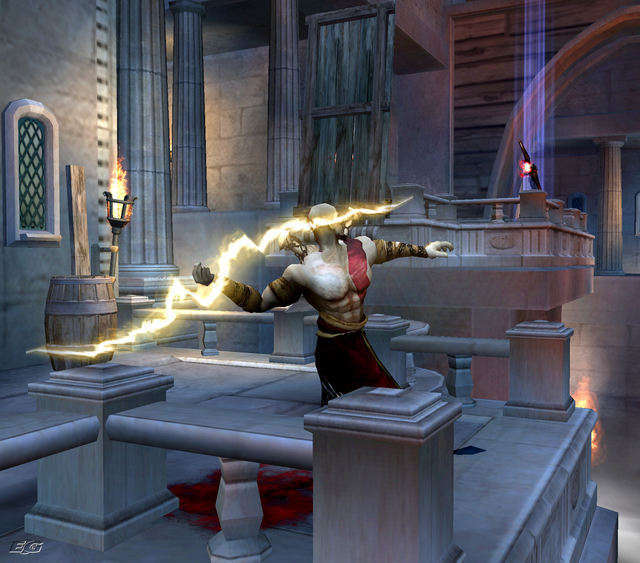

He had many epithets (titles) that emphasized different aspects of complete and wide ranging authority. Though he is most well known as god of the sky and thunder, Zeus was the supreme cultural embodiment of Greek religious beliefs. Hesiod described Zeus as a god who “brought peace in place of violence” and referred to him as the “lord of justice”. With this supreme power came a number of roles and responsibilities.

Mortal kings would boast that they were descendants of Zeus. Zeus mated with many goddesses and mortals (including Aegina, Alcmena, Calliope, Cassiopea, Demeter, Dione, Europa, Io, Leda, Leto, Mnemosyne, Niobe, Persephone and Semele) but was married to his sister Hera – goddess of marriage and monogamy.Īs the king of the gods and sitting atop the golden throne on Mount Olympus, Zeus was revered by all. Cronus had previously swallowed Demeter, Hestia, Hera, Hades and Poseidon.Īlong with Hades and Poseidon, Zeus shared the rule of the world and became king of Olympus as the children of Cronus were filled with admiration for their noble brother and sided with him against their unjust father – even following Zeus into The Battle of the Titans. Zeus was the last child of the titans Cronus and Rhea, and avoided being swallowed by his father (who had been told one of his children would overthrow him) when Rhea sought help from Uranus and Gaea. Zeus is king of Mount Olympus, the home of Greek gods, where he rules the world and imposes his will onto gods and mortals alike. Often referred to as the “Father of Gods and men”, he is a sky god who controls lightning (often using it as a weapon) and thunder. Zeus was the first of the gods and a very imposing figure.


 0 kommentar(er)
0 kommentar(er)
